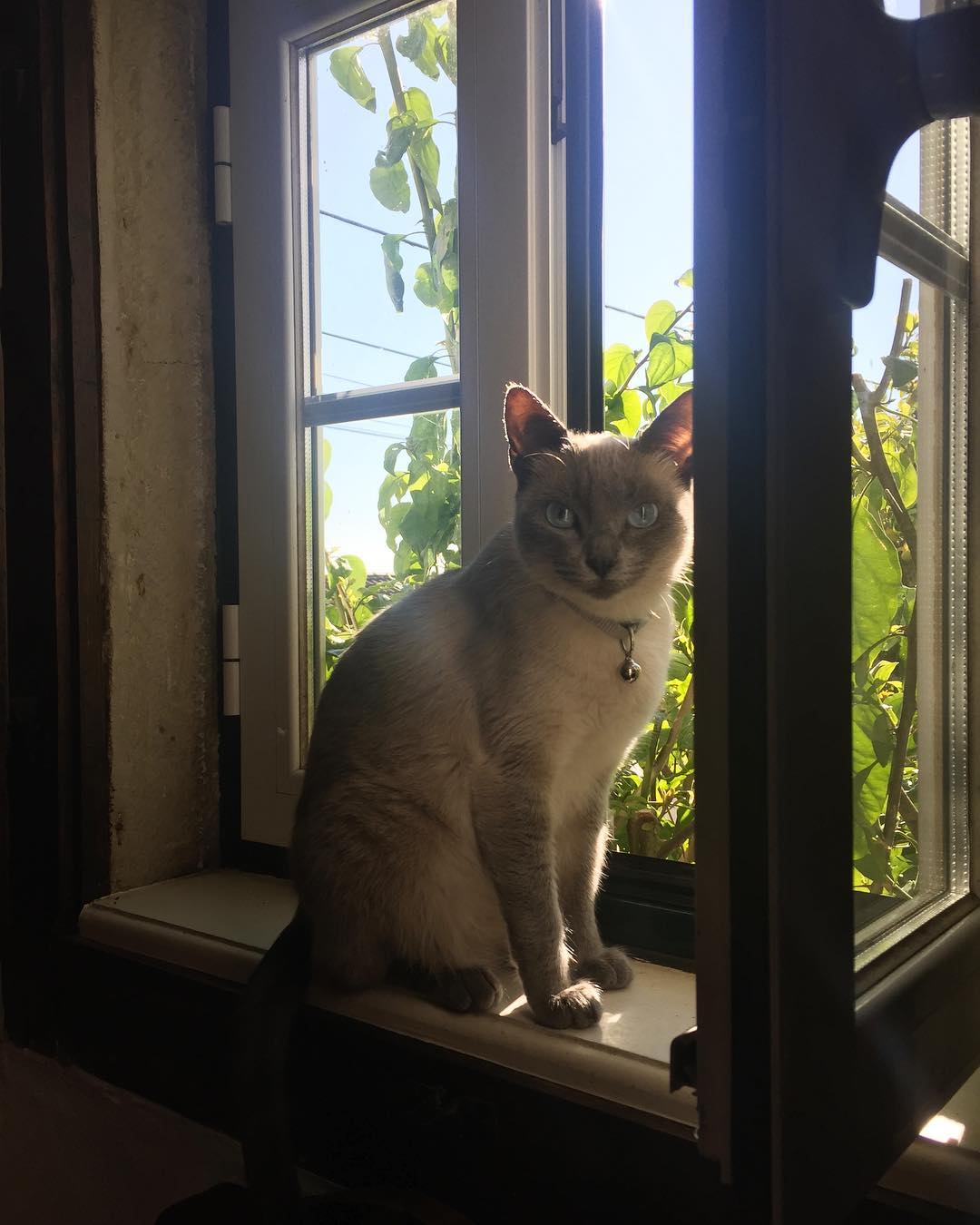Anne Helen Petersen:
For the past two years, I’ve refused cautions — from editors, from family, from peers — that I might be edging into burnout. To my mind, burnout was something aid workers, or high-powered lawyers, or investigative journalists dealt with. It was something that could be treated with a week on the beach. I was still working, still getting other stuff done — of course I wasn’t burned out.
But the more I tried to figure out my errand paralysis, the more the actual parameters of burnout began to reveal themselves. Burnout and the behaviors and weight that accompany it aren’t, in fact, something we can cure by going on vacation. It’s not limited to workers in acutely high-stress environments. And it’s not a temporary affliction: It’s the millennial condition. It’s our base temperature. It’s our background music. It’s the way things are. It’s our lives.
That realization recast my recent struggles: Why can’t I get this mundane stuff done? Because I’m burned out. Why am I burned out? Because I’ve internalized the idea that I should be working all the time. Why have I internalized that idea? Because everything and everyone in my life has reinforced it — explicitly and implicitly — since I was young.
This hit home. My millennial brain kept trying to dismiss the whole article as millennial whining, but it won me over in the end.

